BBOT Makes Submission to BC’s Climate Leadership Team
Earlier this year, the Government of BC announced plans to build on its previous environmental sustainability work by developing a new Climate Leadership Plan to move B.C. closer to its long-term emissions reduction goals.
As part of the development of this plan, the Government underwent a public consultation seeking initial comments on the future goals, priorities and objectives in the area of climate change policy.
As part of that consultation, and in accordance with the Burnaby Board of Trade’s triple bottom line approach, the BBOT has submitted its initial comments to the Government of BC and looks forward to providing further input as the Climate Leadership Plan takes shape:
Text:
September 2, 2015
Susanna Laaksonen-Craig
Head – Climate Action Secretariat
Province of British Columbia
Re: BC’s Climate Leadership Plan — Supporting the Clean Technology Sector, Increasing Public Transportation, and the Importance of Business Engagement
Dear Ms. Craig,
The Burnaby Board of Trade appreciates the opportunity to provide comment on the development of the provincial government’s Climate Leadership Plan. As one of our organization’s core values is a commitment to the triple bottom line of economic, social and environmental priorities, we have a real interest in seeing British Columbia take meaningful steps to improve the sustainability of our province.
Supporting the Clean Technology Sector
British Columbia’s “clean economy” is a dynamic collection of companies across a variety of sectors that directly employ over 75,000 people and contribute $15 billion to provincial GDP. In particular, British Columbia has become a world-renowned center for clean technology and advanced energy companies.
BC’s dynamic clean technology sector is extremely diverse and is backed by world-class research and innovation infrastructure. According to the British Columbia Technology Report Card 2014 there are over 200 different companies currently active in clean tech province-wide, generating revenues of over $1.7 billion and employing over 6,000 people. In Burnaby specifically, we have developed a cluster of leading clean tech companies such as Schneider Electric, Alpha Technologies, and Mercedes-Benz Canada Fuel Cell Division.
As part of the Climate Leadership Plan, BC should aim to strengthen the “clean economy” and, in particular, support the growth of the clean tech sector. The Burnaby Board of Trade suggests the Climate Leadership Team recommend the Government of British Columbia take actions to support the clean tech sector and encourage these BC firms to grow, create jobs, and thrive. Possible tactics to this end could include increasing provincial tax credits for angel investment and venture capital, dedicating provincial funding for the creation of a provincial co-investment fund to leverage private investment in BC companies, increasing government investments that support the demonstration of BC-built clean technologies and their commercialization, and addressing any lack of skilled labour and talent necessary for these companies to grow.
Increasing Public Transportation
To achieve the goal of transitioning to clean transportation and creating “energy efficient transportation systems,” we must invest in improving and expanding public transportation options throughout the province, and especially in urban areas like Metro Vancouver.
In Metro Vancouver in particular, it is projected that by 2040 the region will have over 1 million new residents with the potential for three million more automobile trips per day. If the province is to meet its emissions reduction targets, the public transportation system in Metro Vancouver must be expanded to be able to accommodate the majority of that travel and keep those additional vehicle trips off the road network.
It is widely recognized that gridlock and congestion has a stifling effect on economic activity. If nothing is done to expand public transportation, the growing population and corresponding vehicle traffic will congest our road network, lengthen commute times for workers, and slow down the movement of vital business goods and services. In fact, recent studies estimate that Metro Vancouver traffic congestion currently costs the economy approximately $1 billion annually and this is expected to increase to $2 billion annually if there is no further investment in our transit infrastructure.
Therefore, the Climate Leadership Plan should encourage the provincial government to work with its local and regional counterparts across BC to ensure public transportation systems have sustainable and predictable funding models and that their governance is structured in a way that allows for long-term planning and prioritization of regional public transportation services.
The Importance of Business Engagement
As a business association representing nearly 1,200 members, we understand the importance of engagement in leading businesses to change their behaviour. The Climate Leadership Discussion Paper identifies four areas of action — the ways we live, travel and work, and what we value – which all require business and industry to be active participants. To that end, we are excited to share our recommendations for how the Climate Leadership Team and the Government of British Columbia can use an award-winning initiative of the Burnaby Board of Trade, our Pledge for a Sustainable Community, as a model for engagement with the business community.
To facilitate engagement with our own local business community on the topic of sustainability, the Burnaby Board of Trade created the Pledge for a Sustainable Community program. This program offers tips, resources and case studies for businesses interested in improving environmental sustainability in their organizations. The Pledge also serves as a platform for encouraging positive change by allowing businesses to publicly pledge to improve their sustainability and reduce their emissions, waste and energy use. So far, over 130 organizations from across Burnaby have taken part in the program and have committed to taking real actions to address sustainability in their own operations.
In your report to the Government of British Columbia, we encourage you to recommend the government commit to a robust engagement strategy with the business community as part of the Climate Leadership Plan and consider using programs such as the Burnaby Board of Trade’s Pledge for a Sustainable Community as a model for this engagement.
On behalf of the Burnaby Board of Trade and our membership, I would like to thank you again for the opportunity to provide input towards the creation of BC’s Climate Leadership Plan and would welcome any further opportunities for input.
Sincerely,
Paul Holden
President & CEO
Burnaby Board of Trade





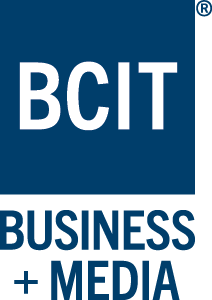







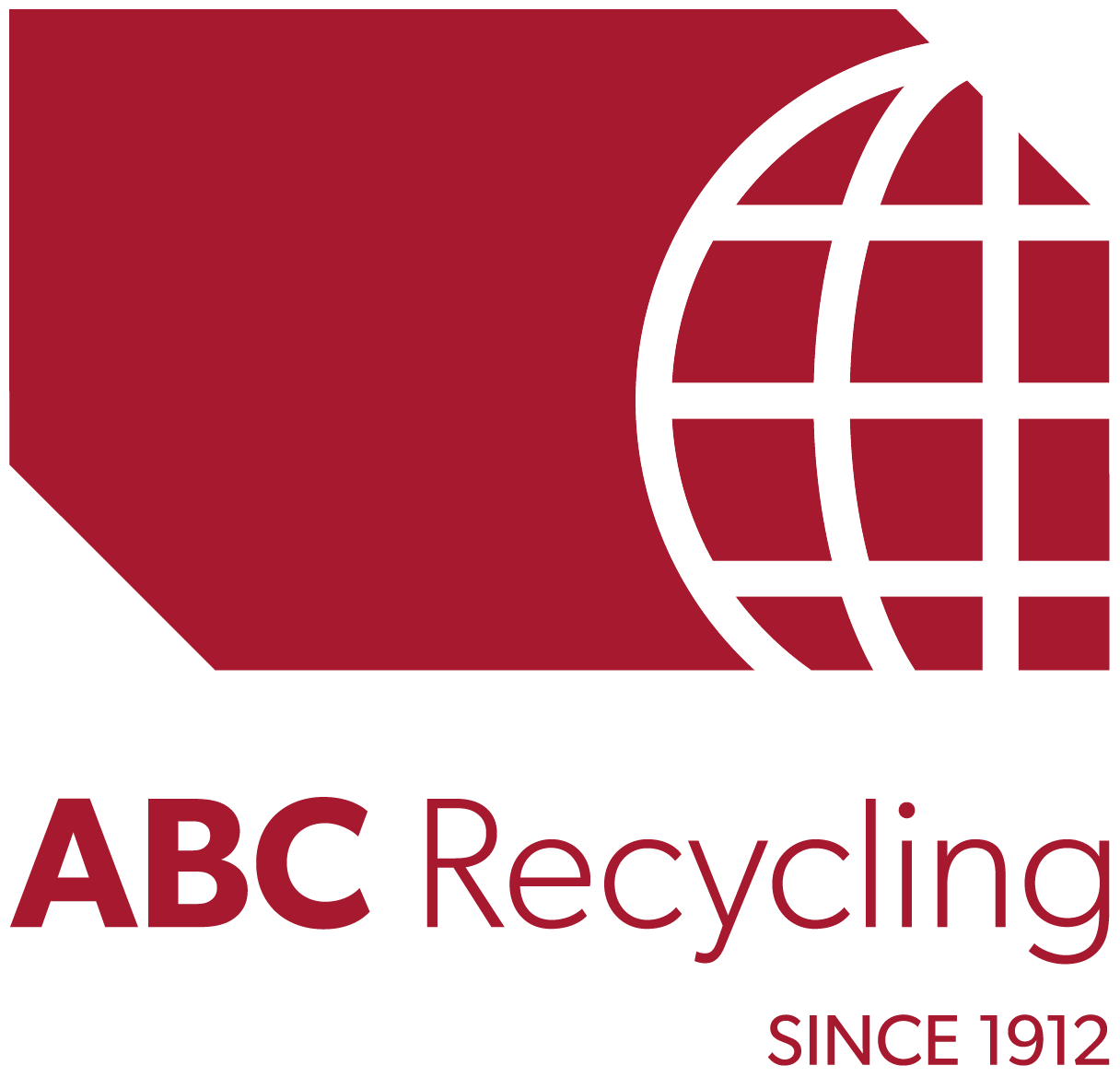
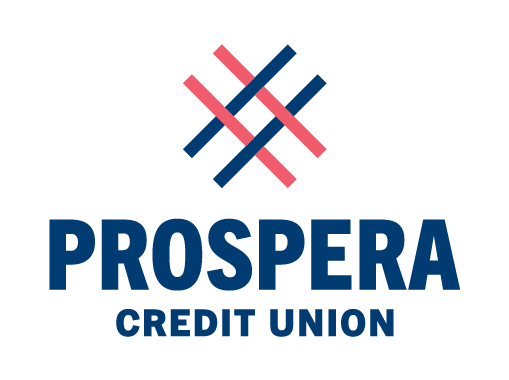
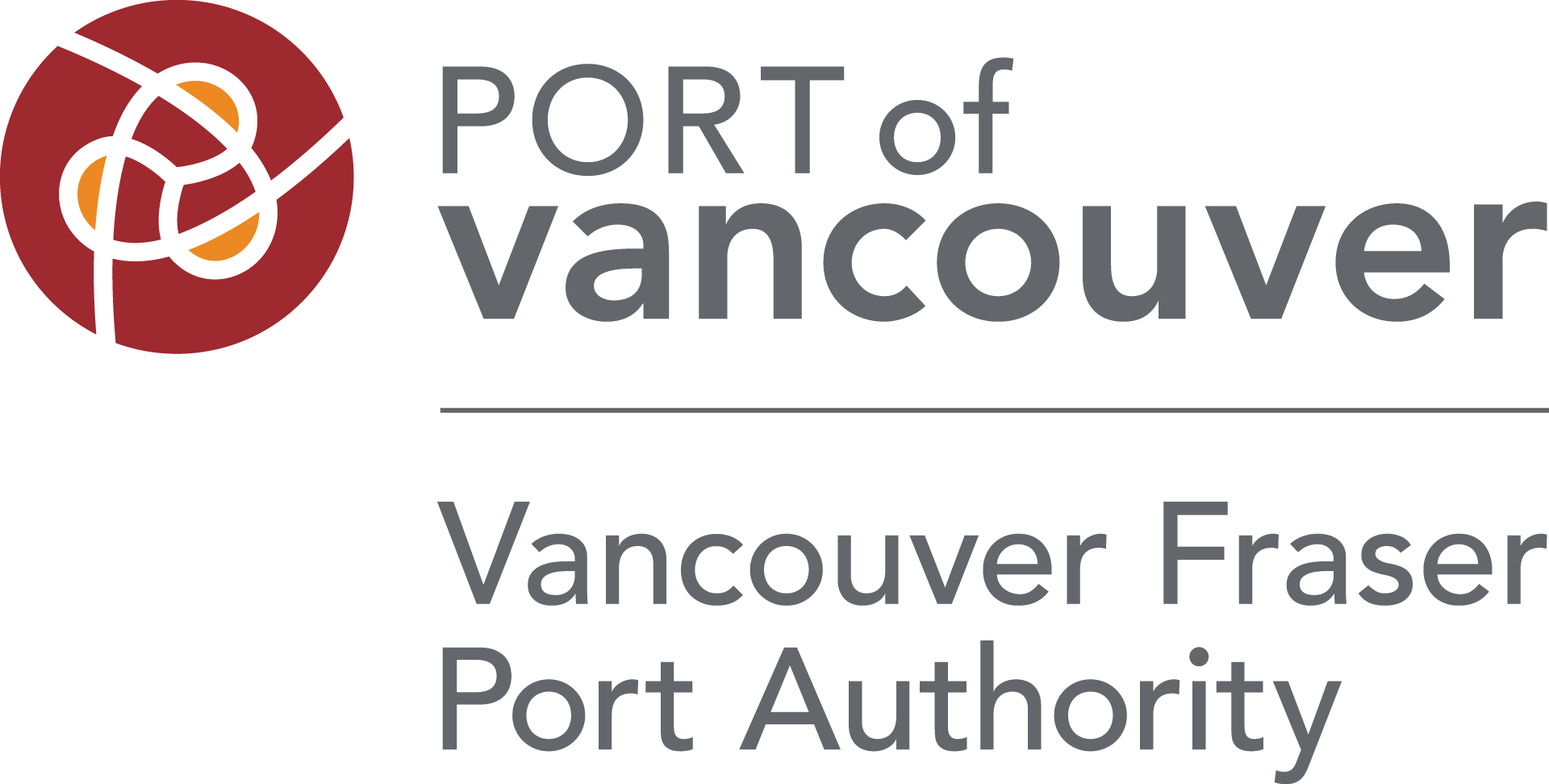
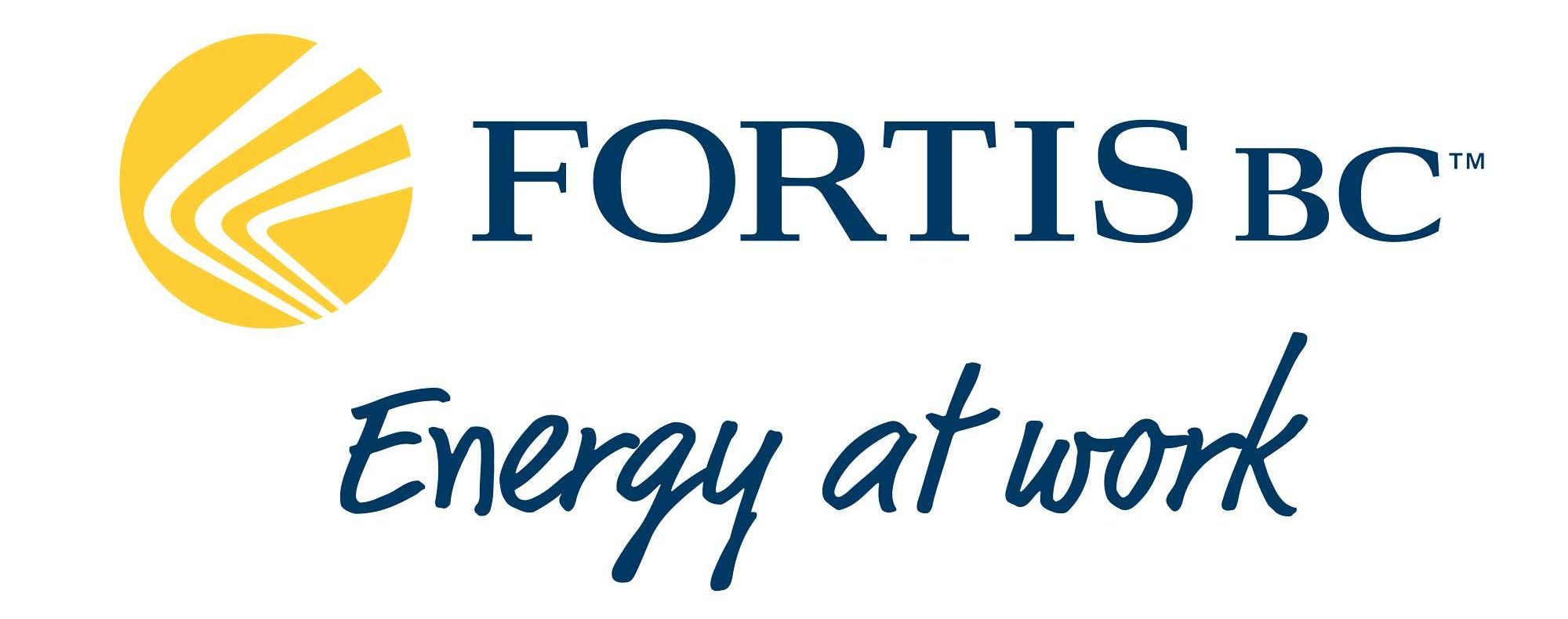

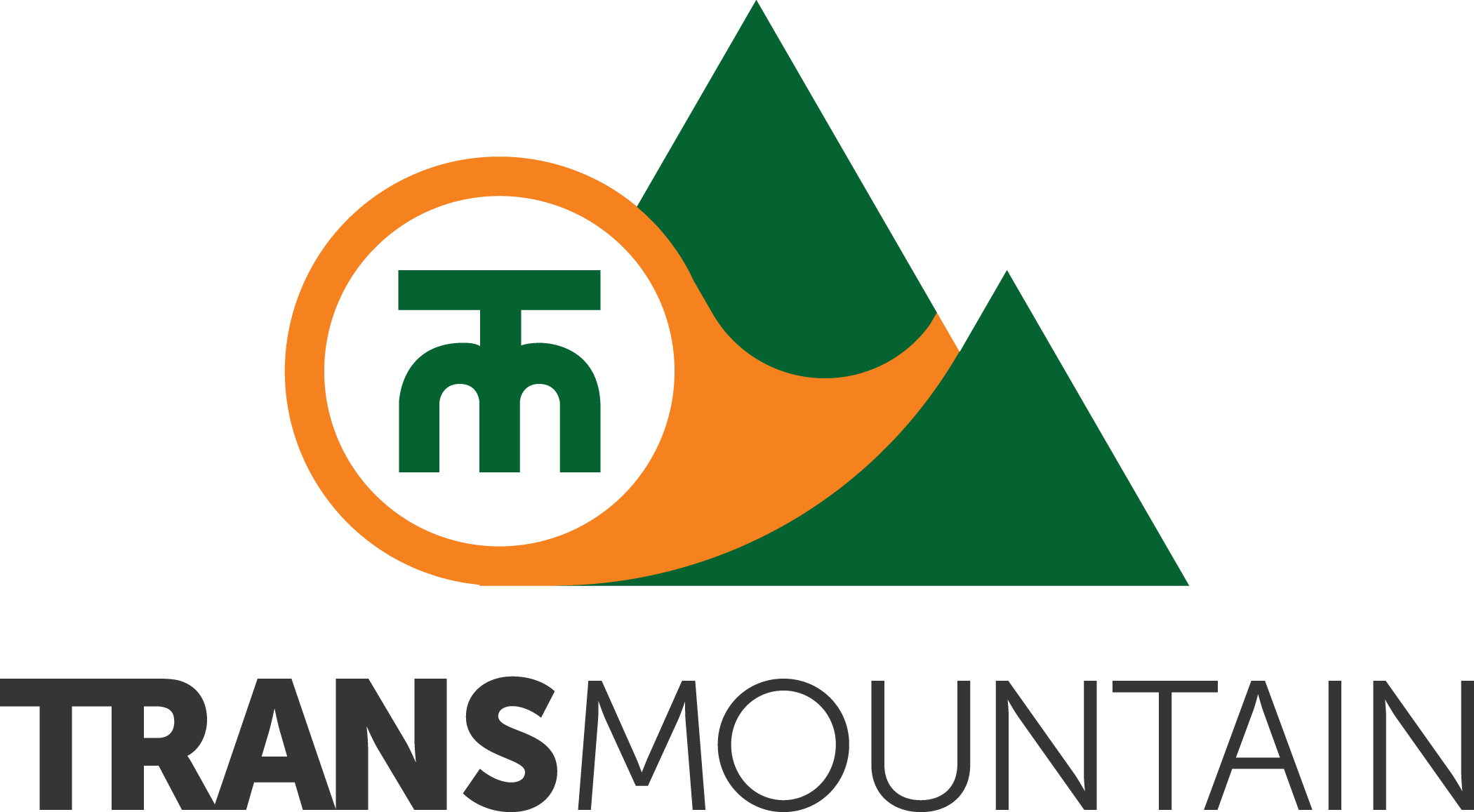


connect with us